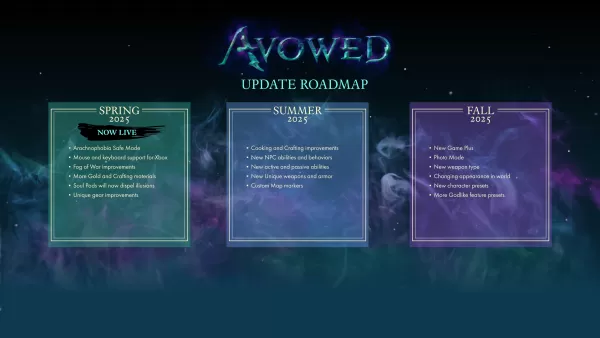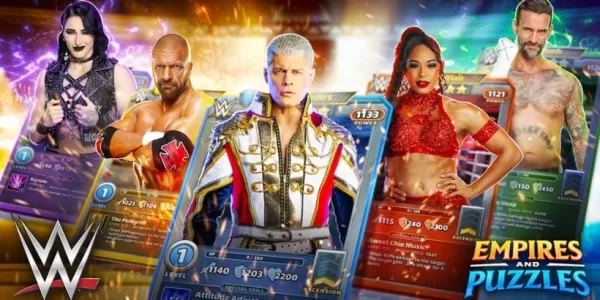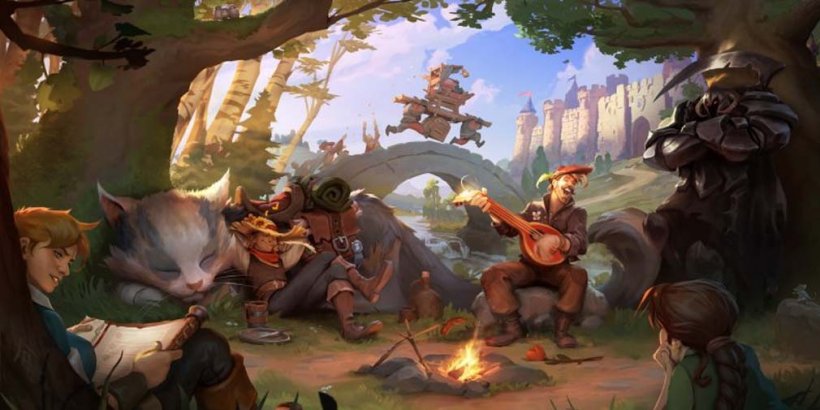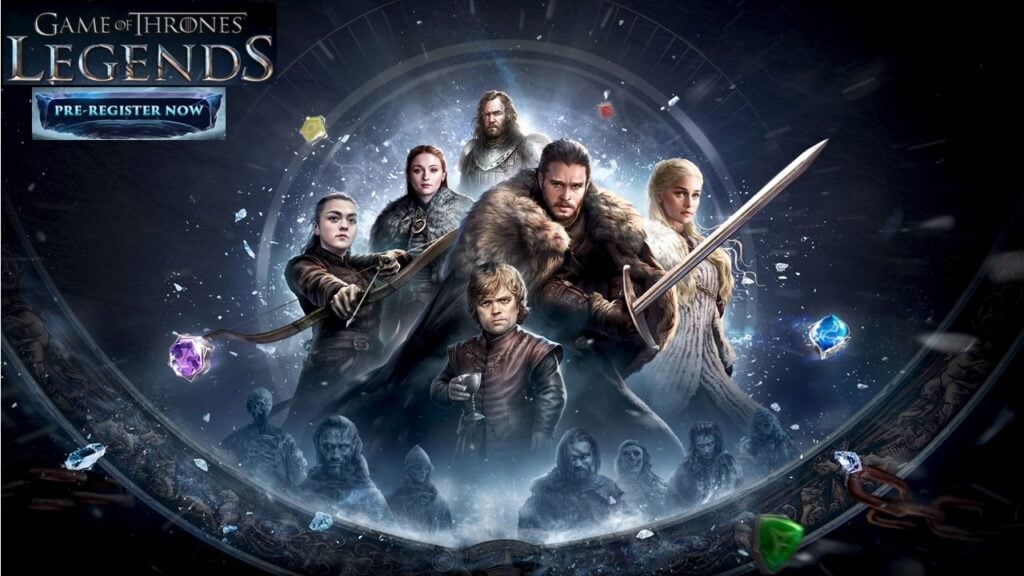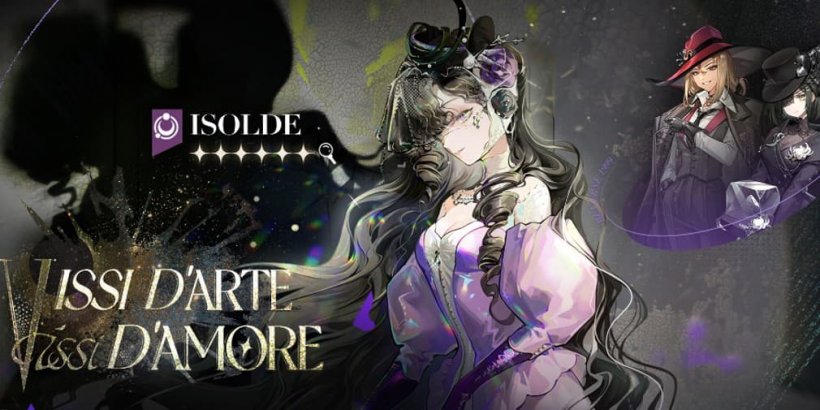"God of War's Success Hinges on Reinvention"
- By Ellie
- Mar 29,2025
The God of War series has been a cornerstone of PlayStation gaming across four generations, beginning with Kratos' vengeful journey in 2005. Few could have predicted the trajectory of this angry deity destroyer over the next two decades. While many long-running franchises struggle to remain relevant, God of War has thrived by embracing change. The most significant transformation came with the 2018 reboot, which shifted Kratos from Ancient Greece to the realm of Norse mythology, altering both the series' presentation and gameplay. Yet, even before this acclaimed reboot, Sony Santa Monica introduced smaller, yet impactful changes that kept the series alive.
For God of War to continue its success, reinvention will be crucial. When the series transitioned to Norse mythology, director Cory Barlog expressed interest in exploring settings like the Egyptian and Mayan eras. Recent rumors have reignited speculation about an Egyptian setting, fueled by the allure of its rich mythology and distinct culture. However, a new setting is just the beginning; future iterations must reinvent the series in the same way the Norse games built upon the successful elements of the Greek trilogy.
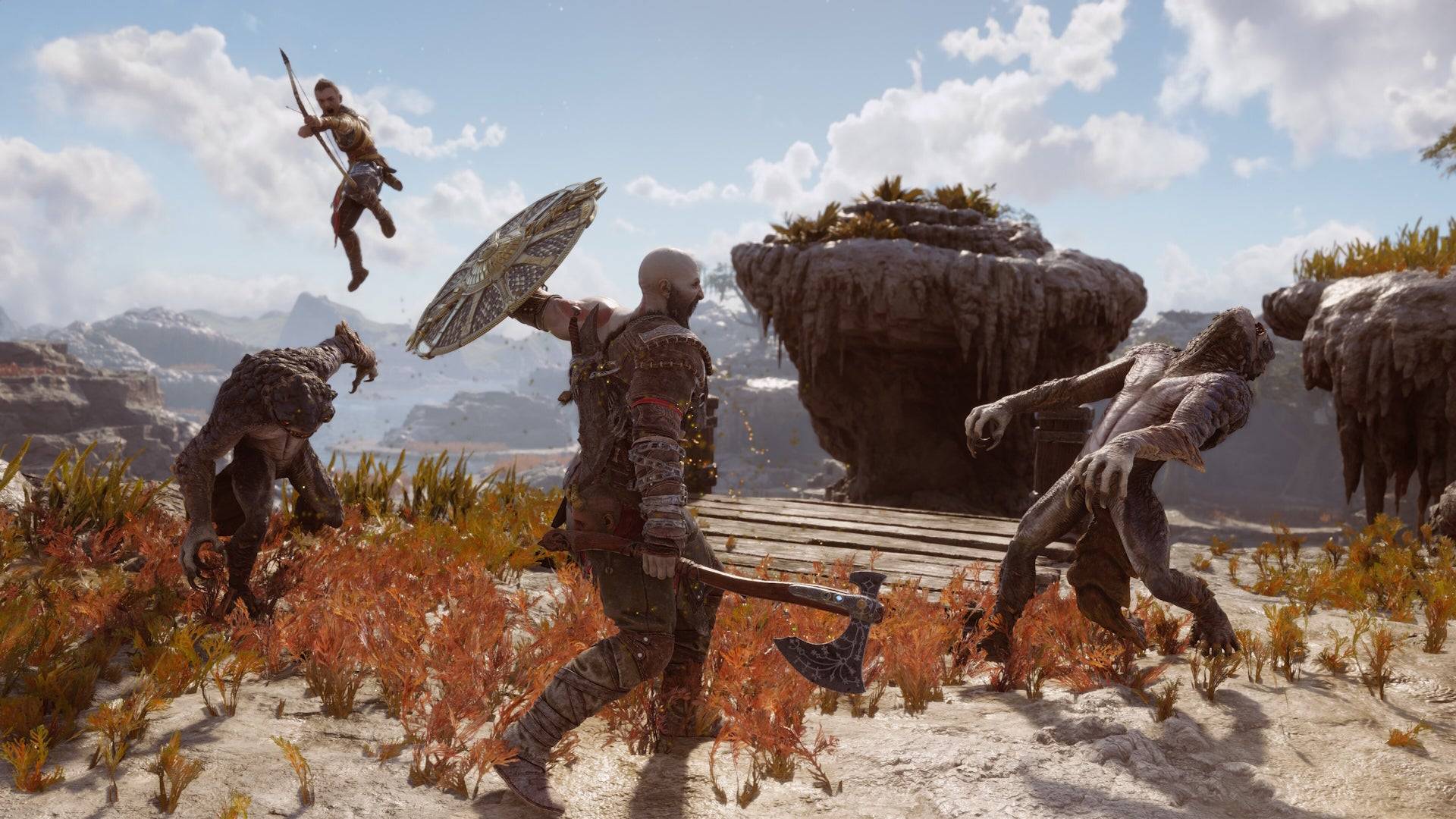
The series has consistently evolved with each installment. The original Greek games refined their hack-and-slash mechanics over a decade, culminating in God of War 3 on the PlayStation 3, which introduced a revamped magic system and a broader range of enemies. The shift to the PS3 allowed for enhanced graphics and new camera angles, showcasing the game's visual prowess.
The 2018 reboot saw the loss of some elements from the Greek trilogy, such as platforming and puzzle-solving, which were integral to Kratos' journey. The new third-person, over-the-shoulder camera perspective made platforming less feasible, though puzzles were adapted to fit the new adventure-focused design.
The Valhalla DLC for God of War Ragnarök marked a return to the series' roots, both mechanically and narratively. It reintroduced battle arenas, a feature from God of War 2 onwards, adapted for the Norse setting. The story of Valhalla mirrored this return, with Kratos confronting his past, guided by the Norse god of war, Týr.
The Norse era of God of War introduced numerous innovations, including the Leviathan Axe's unique throwing mechanics, a combat-defining parry system with various shield types, and the magical spear in Ragnarök, which enabled faster, explosive attacks. These elements facilitated exploration across the Nine Realms, each with distinct foes and environments.
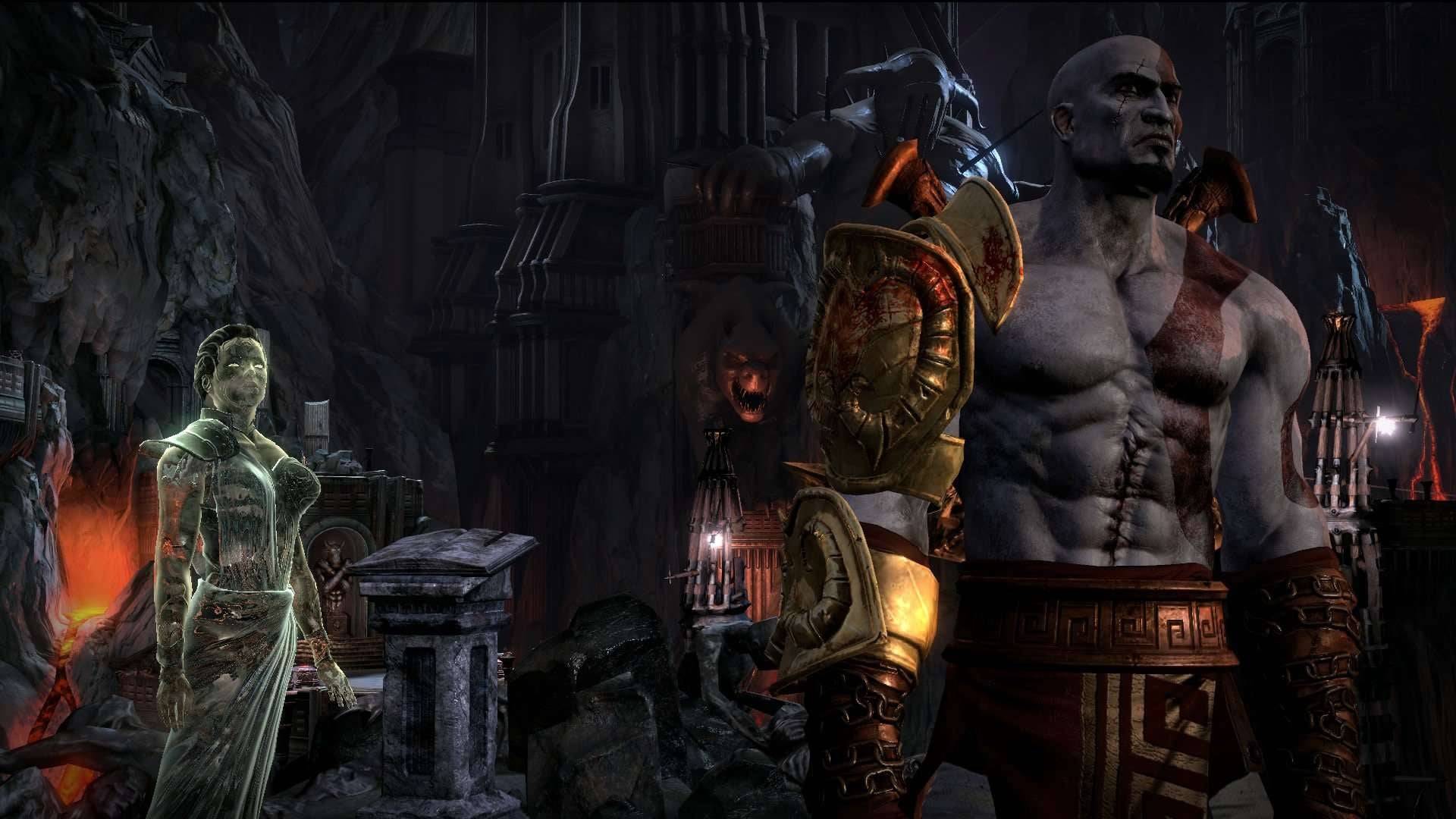
The most striking evolution in the Norse games is in storytelling. The narrative delves into Kratos' grief for his late wife and his complex relationship with his son, Atreus. This emotional depth contrasts with the more straightforward storytelling of the Greek trilogy and has been pivotal to the Norse era's critical and commercial success.
The shift in both mechanics and storytelling reflects a broader approach to franchise development. The creators view the Norse games not as traditional sequels but as extensions of Kratos' journey. This mindset should guide future installments.
The mixed reception to Assassin's Creed's shifts in style underscores the risks of straying too far from a series' core. While Assassin's Creed has been profitable, it has struggled to maintain fan loyalty across generations. The 2017 transition to an open-world RPG format with Origins diluted the series' connection to its assassin roots, leading to a more divisive reception with each new game. The series has attempted to course-correct with Assassin's Creed Mirage in 2023, returning to its Middle Eastern roots and shorter, more focused gameplay, which was well-received. Assassin's Creed Shadows continues this trend, emphasizing stealth gameplay.
In contrast, God of War has navigated its reinvention skillfully, never losing sight of what made Kratos compelling or the series' mechanical foundations. The Norse games built upon the core of the Greek trilogy—intense, unrelenting combat—and added new elements like Spartan Rage options, diverse weapons, and varied combat scenarios. These enhancements deepened the series' lore and identity, a balance that future games, whether set in Egypt or elsewhere, must maintain.
Regardless of the setting, the next God of War must continue to evolve while preserving its strengths. The 2018 reboot focused on combat, but future games will likely be judged by their storytelling, the heart of the Norse duology. Kratos' transformation from a rage-driven monster to a complex father and leader highlights the importance of narrative in the series' success. The next installment must build on this strength while introducing bold changes that could define the next era of God of War.

